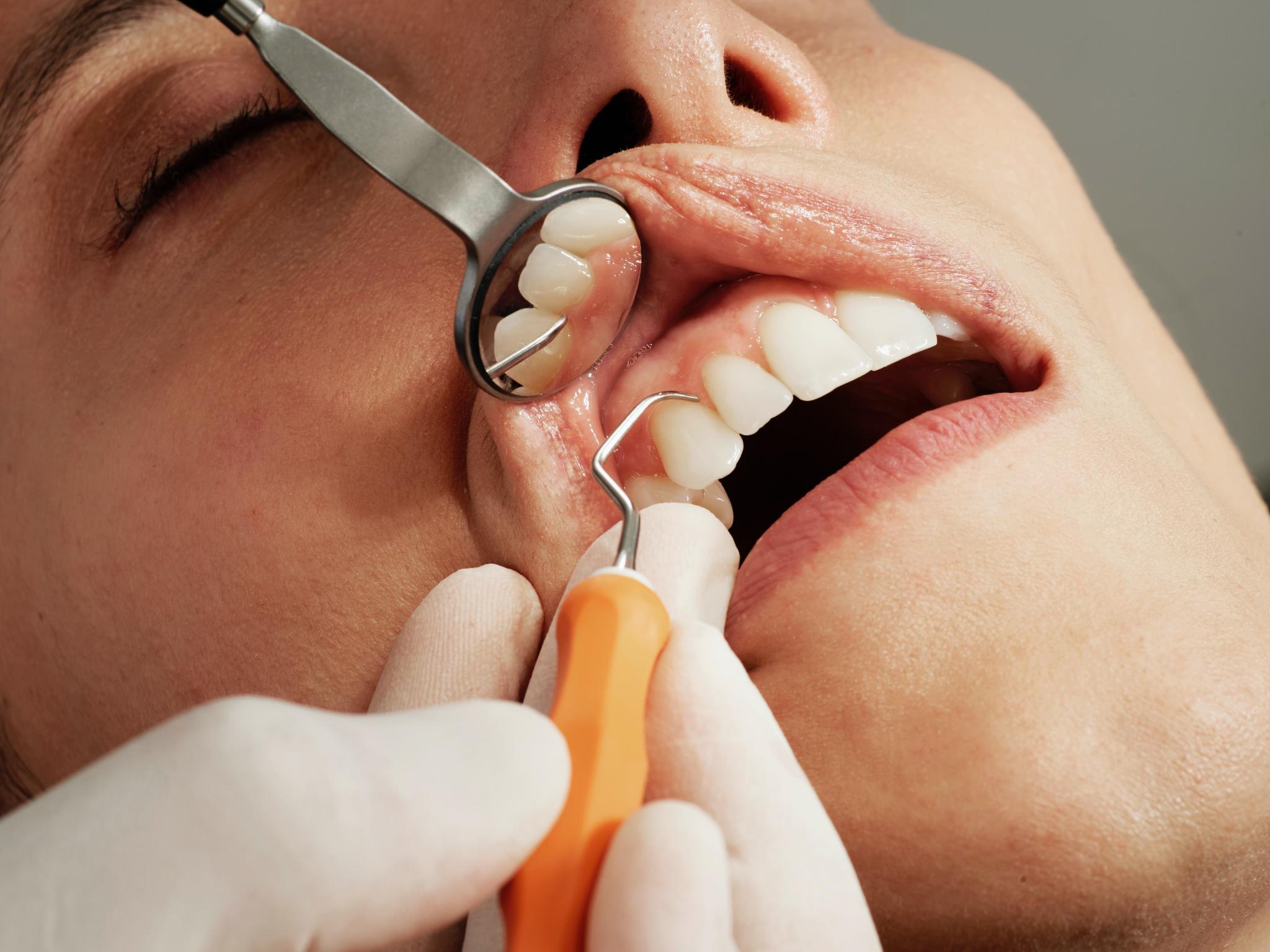
It is common knowledge that toxic materials enter the body through the mouth, impacting in this way the oral mucosa and various structures in our body, writes News Medical Life Sciences. While many studies have been conducted on the impact of tobacco smoke, new research on marijuana is becoming more common.
As per the new study, cannabis smoke condensate induces human gingival epithelial cell damage through apoptosis, autophagy, and oxidative stress, published in Archives of Oral Biology, which examined how cannabis smoke condensate (CSC) affects the gingival epithelial cells.
The research analyzed the effect of CSC on cell shape, adhesion and viability at different time intervals, using microscope and lactate dehydrogenase activity assays. The impacts of CSC on autophagy, oxidative stress, and cell apoptosis were analyzed using gene expression via an RT2-PCR array.
The Results
“CSC deregulated gingival epithelial cell shape and adhesion, decreased cell viability, and increased lactate dehydrogenase release. Its toxic effects included apoptosis, autophagy, and oxidative stress,” the study authors wrote.
In short, cannabis smoke condensate is toxic to gingival epithelial cells. Similar effects have been noticed with cigarette smoke condensate.
What’s more, the scientists discovered that marijuana smoke caused higher expression of several genes, such as the TNF superfamily and NLR-family apoptosis inhibitory protein that bolstered gingival epithelial cell death through apoptosis. In addition lowering of CD40L gene expression disrupted cell communication and, indirectly, caused cell apoptosis.
What’s also important is that scientists believe that as epithelial cells are important in our innate immunity, their reaction to CSC exposure can possibly have an important effect on the immune response. The authors, however, noted that this suggestion should be examined in a new study.
In addition, these results come from a study conducted on monolayer cell cultures and should be further confirmed via animal studies.
Photo: Courtesy of Caroline LM on Unsplash







